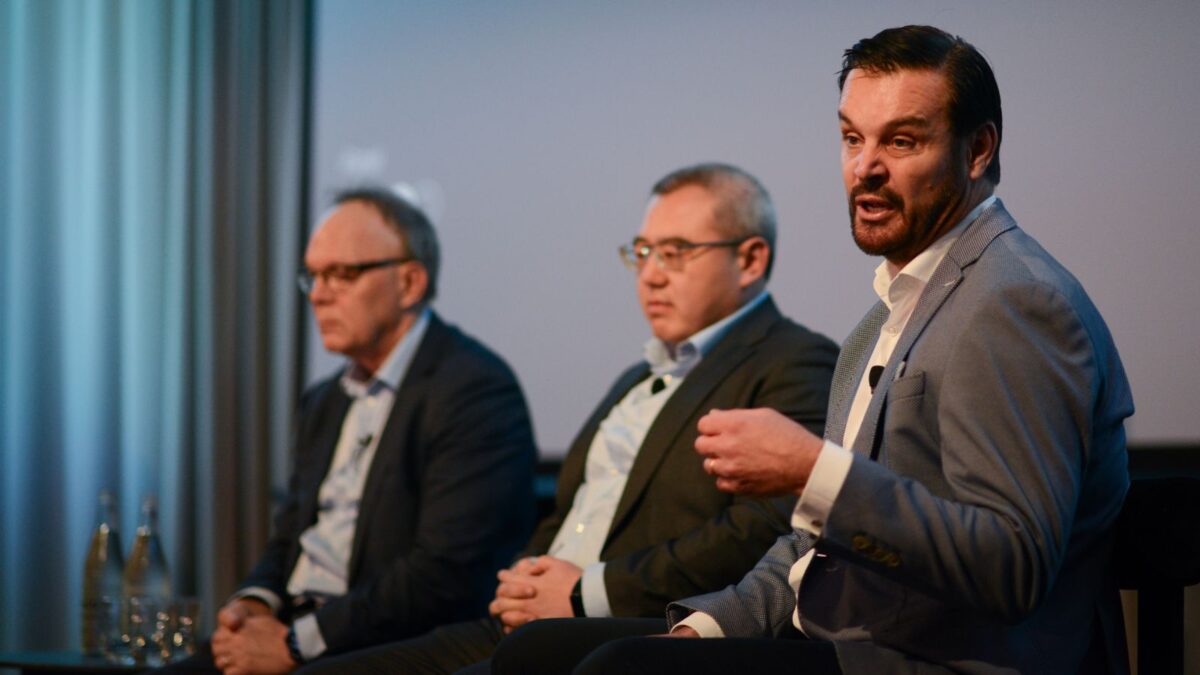NZ Super moves more in-house as manager faces probe
(Pictured: Fiona Mackenzie)
by David Chaplin
The New Zealand Superannuation Fund (NZS) will be managing close to NZ$850 million (A$845 million) of local equities in-house after suspending one of its two remaining external managers in the asset class last week.
In a highly unusual move, NZS pulled a NZ$281 million active New Zealand shares mandate from Milford Asset Management on March 31, pending the outcome of a regulatory investigation into the high-profile manager, which also manages global equities from Auckland.
The Financial Markets Authority (FMA), New Zealand’s equivalent of ASIC, has been probing Milford since last year following a complaint about the firm’s trading practices.
In the interim, NZS will add the Milford block to its approximately NZ$560 million pool of internally managed local shares. The figure includes a NZ$260 million mandate run by AMP Capital until NZS fired it last November.
Last week, NZS head of investments, Fiona Mackenzie, said the fund had drawn up a short-list of potential replacement managers for the former AMP Capital mandate.
“While the RFI process is a genuine one, it’s worth noting that we do not have to make an appointment,” Mackenzie said. “We have the in-house capacity to manage the funds on an ongoing basis.”
Last week, NZS reshuffled its in-house equities team with former portfolio manager Brian Bourdôt taking on the lead role vacated by Tim Mitchell, who moved to a newly created strategic development position in the fund. Daria Murray, previously Alliance Bernstein UK vice president global equities, joined the NZS in-house team as NZ equities portfolio manager in March.
Devon Funds Management is the sole remaining external local equities manager on the NZS roster.
Meanwhile, in a statement the FMA said it would complete the Milford investigation “in the next few weeks”.
“The Milford investigation concerns complex matters and is subject to a rigorous process, and is almost complete,” the FMA said.
The regulator said its probe “does not relate to, or raise concerns about, the security or safety of Milford’s client funds or assets”.
Anthony Quirk, Milford managing director, said while the firm was “surprised” at the NZS move it was not able to comment further.
“We will continue to refrain from any comment that could be seen as undermining the investigation process or pre-empting the outcome,” Quirk said in a statement. “In the meantime we look forward to completion of the investigation and release of any findings.”
With over NZ$3 billion under management, Milford has been one of the country’s most successful fund managers with a strong retail client base and a growing wholesale presence. The NZS mandate, which Milford won in 2009, was its biggest single wholesale client.
Milford is also a KiwiSaver provider, reporting about NZ$400 million under management as at December 31, 2014. Last year Milford opened a Sydney office with the ultimate aim of securing Australian super fund clients.
David Chaplin is the publisher of Investment News NZ










